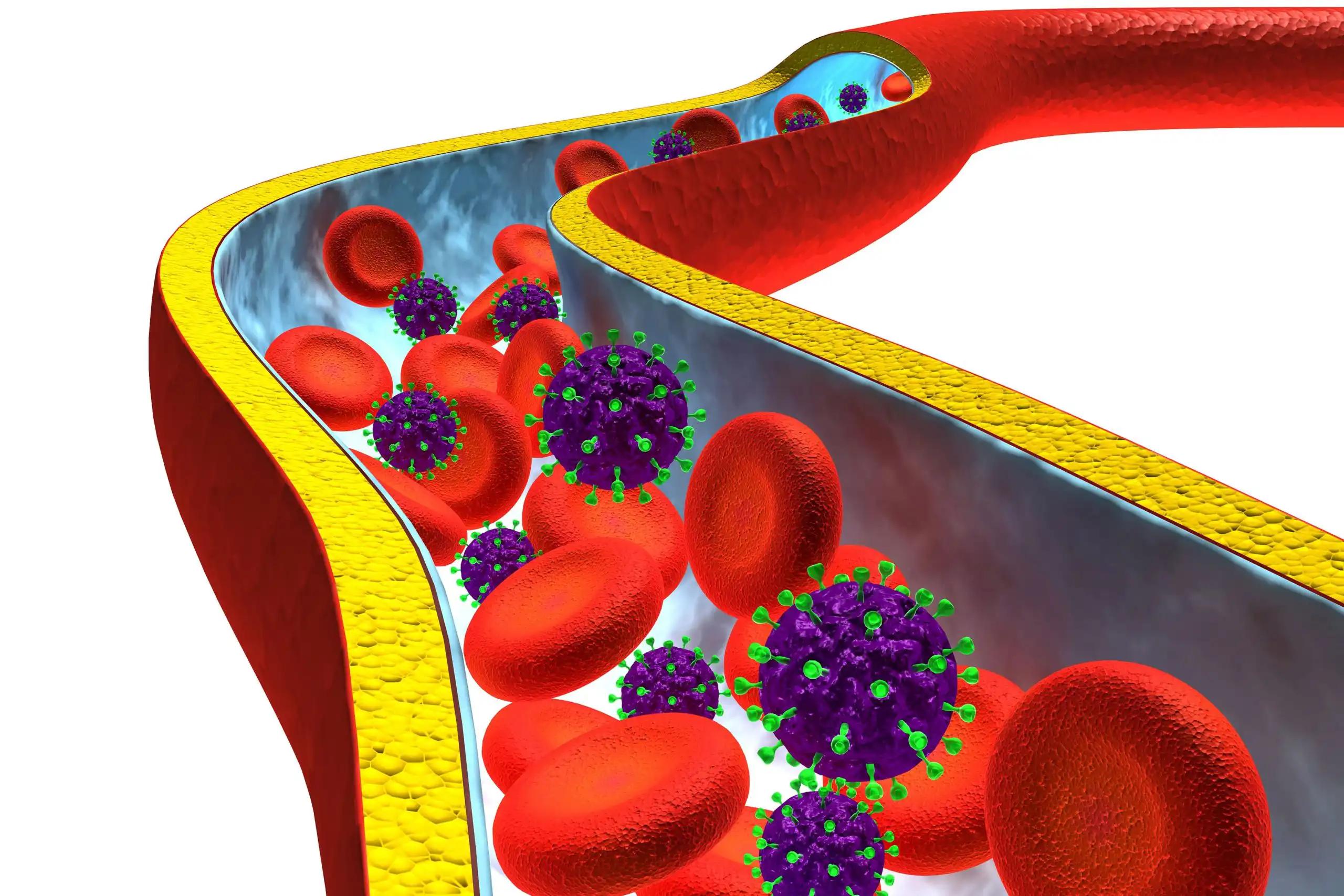KEY TAKEAWAYS
- The study aimed to assess how pregnancy factors impact BC risk based on PARS.
- Researchers found the associations between pregnancy-related factors and BC risk were modified by PARS, with greater associations observed for ER-negative BC.
Few studies have explored if pregnancy-related factors affect breast cancer (BC) risk differently based on underlying susceptibility. Understanding this variation is crucial for identifying BC causes and creating effective risk-based screening guidelines.
Jasmine A McDonald and the team aimed to examine the association between pregnancy-related factors and BC risk. They also aimed to determine if these associations varied based on an individual’s underlying BC susceptibility, measured by a Polygenic Risk Score (PARS).
This cohort study included participants from the prospective Family Study Cohort (ProF-SC), which includes the 6 sites of the Breast Cancer Family Registry (US, Canada, and Australia) and the Kathleen Cuningham Foundation Consortium (Australia)12.
Analyses were performed in a cohort of women enrolled from 1992 to 2011 without any personal history of BC who were followed up through 2017 with a median (range) follow-up of 10 (1-23) years. Data were analyzed from March 1992 to March 20171. The exposures examined included parity, number of full-term pregnancies (FTP), age at first FTP, years since last FTP, and breastfeeding2. BC diagnoses were confirmed through self-report, report by a first-degree relative, pathology, and data linkages2.
They used Cox proportional hazards regression models to estimate HR and 95% CIs for each exposure
The study included 17,274 women (mean [SD] age, 46.7 [15.1] years; 791 African American or Black participants [4.6%], 1,399 Hispanic or Latinx participants [8.2%], and 13,790 White participants [80.7%]) with 943 prospectively ascertained BC cases. Compared with nulliparous women, those with higher PARS had a higher risk of breast cancer after a recent pregnancy (last FTP 0-5 years HR for interaction, 1.53; 95% CI, 1.13-2.07; P for interaction < .001).
Associations between other exposures were restricted to estrogen receptor-negative (ER-negative) disease. ER-negative BC was positively associated with increasing PARS and increasing years since last FTP (P for interaction < .001), showing a higher risk for recent pregnancy compared with nulliparous women (last FTP 0-5 years HR for interaction, 1.54; 95% CI, 1.03-2.31).
ER-negative breast cancer was also positively associated with increasing PARS and being aged 20 years or older at first FTP compared with being younger than 20 years (P for interaction = .002) and inversely associated with multiparity compared with nulliparity (P for interaction = .01).
The study concluded that in women with no prior BC diagnoses, associations between pregnancy-related factors and breast cancer risk varied by PARS, with stronger associations found for ER negative BC.
Funding support was provided by the US National Cancer Institute, grants to the Kathleen Cuningham Foundation Consortium for research into Familial Breast Cancer (KCF) and the KCF Follow-Up Study from Cancer Australia (grant Nos. 809195 and 1100868); the Australian National Breast Cancer Foundation (grant No. IF 17 kConFab); the National Health and Medical Research Council (grant No. 454508, 288704, and 145684); the Queensland Cancer Fund; the Cancer Councils of New South Wales; and the Cancer Foundation of Western Australia.
Source: https://pubmed.ncbi.nlm.nih.gov/39186276/
McDonald JA, Liao Y, Knight JA, et al. (2024). “Pregnancy-Related Factors and Breast Cancer Risk for Women Across a Range of Familial Risk.” JAMA Netw Open. 2024;7(8):e2427441. Published 2024 Aug 1. doi:10.1001/jamanetworkopen.2024.27441



